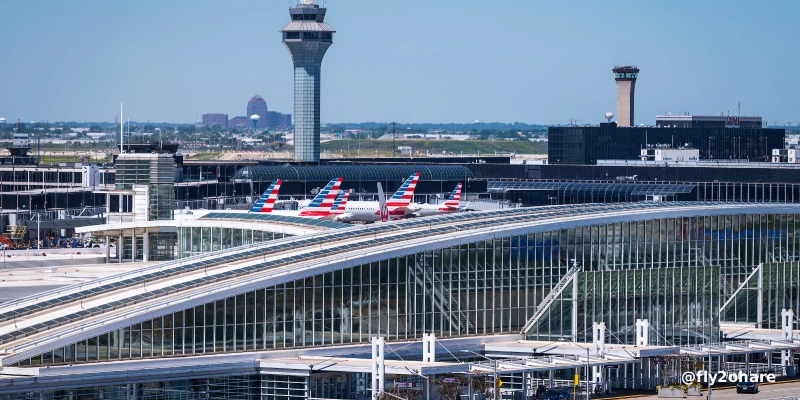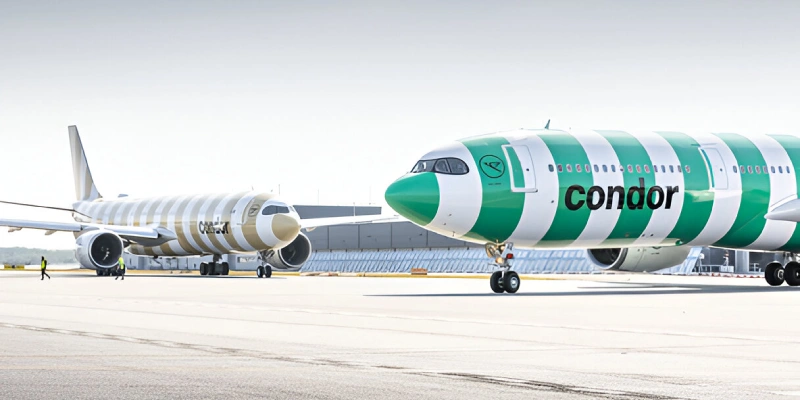The U.S. government, led by Donald Trump, proposed on Thursday to prohibit Chinese airlines from using Russian airspace on their routes to and from the United States. According to the Department of Transportation (DOT), this practice gives Chinese carriers an unfair competitive advantage over their American counterparts by allowing them to cut flight times, fuel consumption, and operating costs.
A New Chapter in the Trade War
The initiative comes shortly after Beijing tightened controls on exports of rare earth elements, materials essential for several U.S. industries. Washington argues that current conditions create “substantial adverse effects” for American airlines, which have been barred from flying over Russia since the invasion of Ukraine in 2022.
Meanwhile, Chinese carriers—Air China, China Eastern, Xiamen Airlines, and China Southern—have continued using routes that cross Russian territory, enabling them to increase their market share on international flights to the United States.
Immediate Impact and International Reactions
The Department of Transportation clarified that the proposal will not affect cargo flights, applying only to passenger services. It also gave Chinese airlines two days to respond before issuing a final order, which could take effect as early as November.
→ Nigeria Considers Certifying Chinese C919 Aircraft for Its Airlines
A spokesperson for China’s Ministry of Foreign Affairs stated that the restrictions “do not facilitate people-to-people exchanges” between the two countries. So far, neither the Civil Aviation Administration of China, nor the Chinese embassy in Washington, nor Airlines for America—the group representing American Airlines, Delta Air Lines, and United Airlines—has issued comments.
Market Repercussions and Economic Context
Following the announcement, shares of China’s three largest state-owned airlines fell on the stock market:
- China Southern Airlines dropped 1.3%.
- Air China, 1.26%.
- China Eastern, 0.95%.
These carriers have posted losses for five consecutive years since the COVID-19 pandemic, a crisis that continues to weigh on their profitability.
Background and Ongoing Negotiations
In May 2023, Washington authorized additional Chinese flights only under the condition that they avoid Russian airspace. However, it did not increase the total number of permitted flights following pressure from U.S. airlines and labor unions.
Before the pandemic, more than 150 weekly round-trip flights were authorized for each country. Today, that number is significantly lower.
Some U.S. airlines have warned the government that direct routes from the East Coast to China are unfeasible without access to Russian airspace. In some cases, they must reduce passenger and cargo loads to compensate for longer flight times.
Boeing and Air Diplomacy
At the same time, Boeing is negotiating a potential sale of up to 500 aircraft to China—an agreement that would represent a milestone amid ongoing trade tensions.
The issue could be part of the agenda when Trump and Xi Jinping meet in South Korea at the end of October, a key encounter for the future of economic and aviation relations between the two powers.
With information from Reuters
Related Topics
Staged Restart of Operations Announced at Gulf Hubs Amid Mass Flight Cancellations
Middle East Airport Crisis: Infrastructure Attacks, Massive Operational Disruption, and Thousands of Travelers Stranded
FAA Proposes Flight Reductions at Chicago O’Hare to Avert Summer Operational Collapse
Condor to Move Operations to Frankfurt Airport’s New Terminal 3 in 2027

Plataforma Informativa de Aviación Comercial con 13 años de trayectoria.




